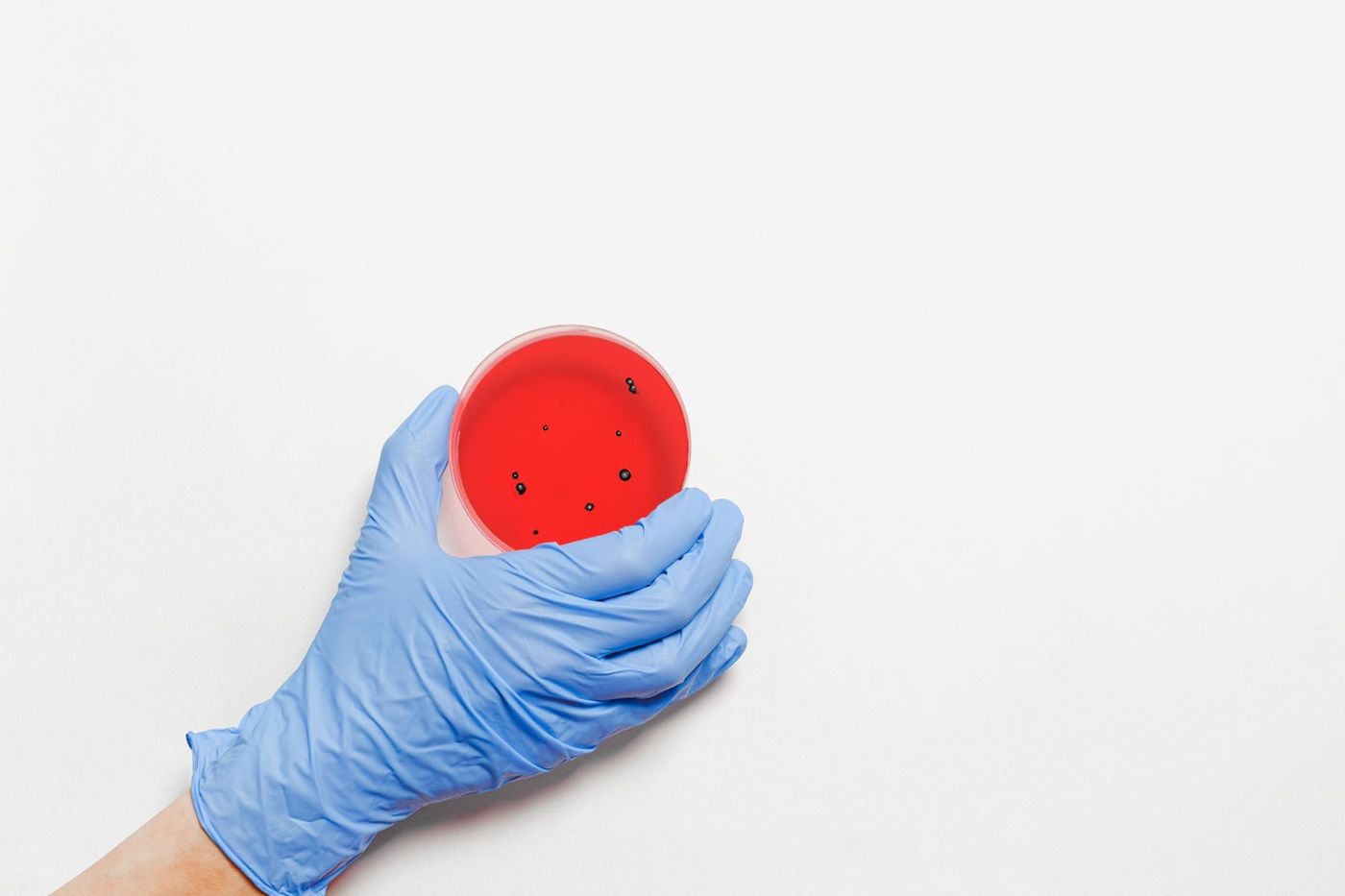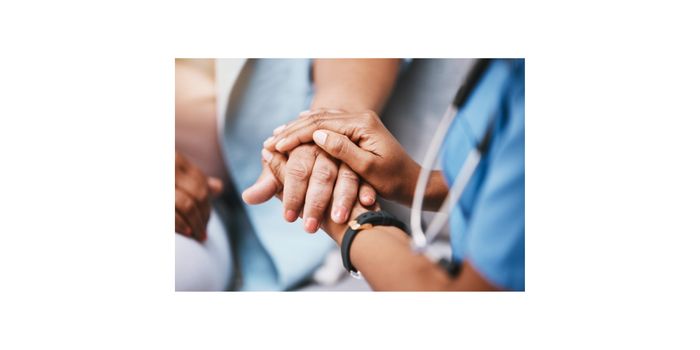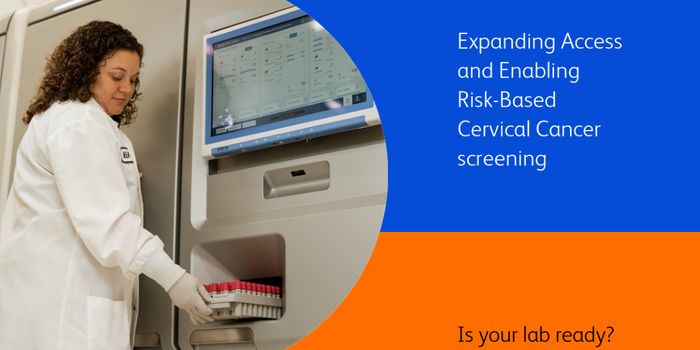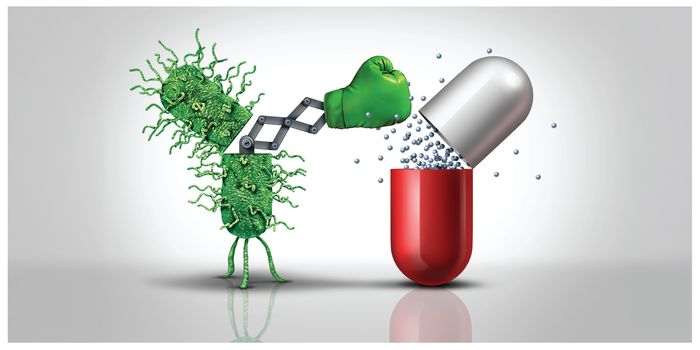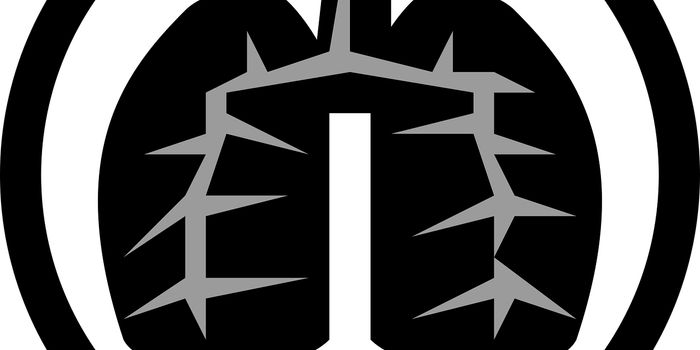AI Platform Finds Superbugs Faster
In 1945, Sir Alexander Fleming (the microbiologist who discovered the world's first broadly effective antibiotic substance, penicillin) penned a letter to the New York Times. In it, he warned of a future where the overuse and misuse of penicillin could eventually lead to antibiotic-resistant microbes gaining the upper hand.
“I hope this evil can be averted,” wrote Fleming.
Sadly, seven decades on and this ‘evil’ has the world in a death grip. Antibiotic resistance is one of the three greatest threats to human health. In the 50s, just over 10 percent of Staphylococcus aureus infections were found to be resistant to penicillin. Today, the antibiotic is no longer considered a first line treatment as it only works in under 10 percent of cases.
This is just one of many drug-resistant bacteria that are rapidly spreading worldwide and claiming lives. One of the key challenges in spotting one of these “superbugs” is the speed of the conventional diagnostic process. Lab tests take a few days to grow the bacteria from a patient sample, identify it and find its weak spots, or what (if any) antibiotic treatments would be optimal for treating the infection.
In the meantime, patients are often extremely ill, so doctors may administer a course of broad-spectrum antibiotics (strong medications that can eliminate a range of bacterial classes) as a temporary solution. Here, diagnostic speed can make a big difference—understanding the nature of the bacteria can help guide more targeted, effective treatments to resolve the infection quickly.
“The time taken to optimize antibiotic therapy might mean the difference between life and death if an infection is serious,” explained clinical bacteriologist Adrian Egli from the University Hospital Basel.
Egli and colleagues have brought forward a new AI-powered innovation, capable of slashing diagnostic times by 24 hours. The team’s technique uses mass spectrometry (an instrument for analyzing protein fragments) to create a profile of the offending bacteria from a patient sample. This method only requires the bacteria to be cultured for a few hours, as opposed to a few days for conventional assays.
The study was featured in Nature Medicine.
The team then began training artificial intelligence algorithms with a dataset of over 300,000 bacterial protein profiles collected from diagnostic laboratories. They used this to build a refined, publicly available dataset featuring 800 bacterial species and how they respond to a panel of 40 antibiotics. The researchers have been testing their new platform using clinical data from around 60 cases of infections. They found that deploying their AI platform would have helped physicians to select specialized antibiotics over broad-spectrum ones in 89 percent of the cases.
The platform “may thus be an important new tool for treatment optimization and antibiotic stewardship,” wrote the authors.
